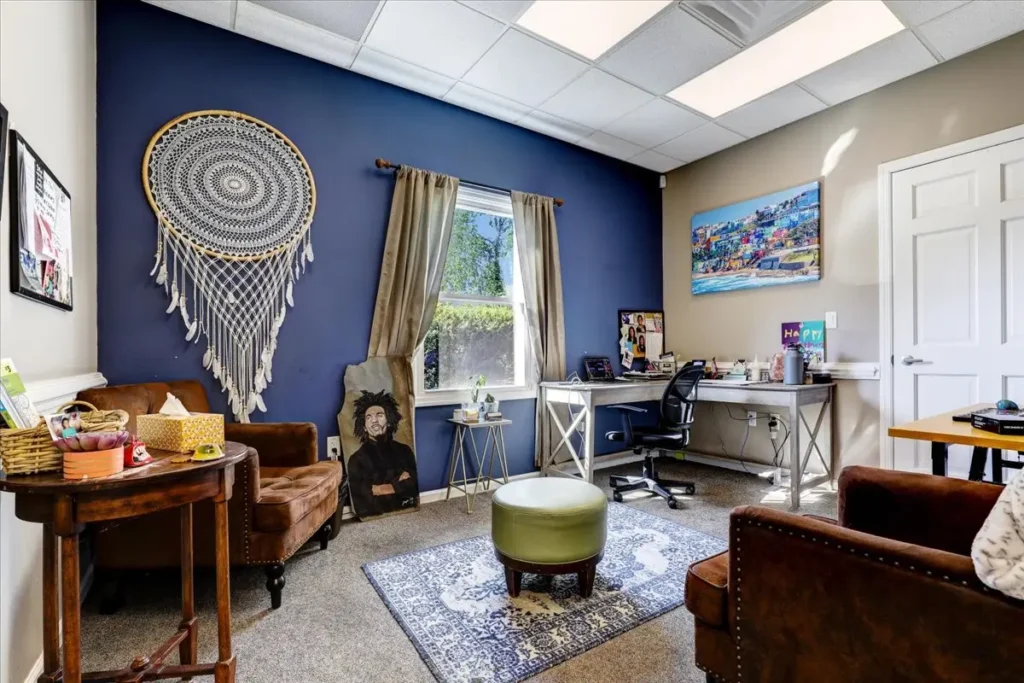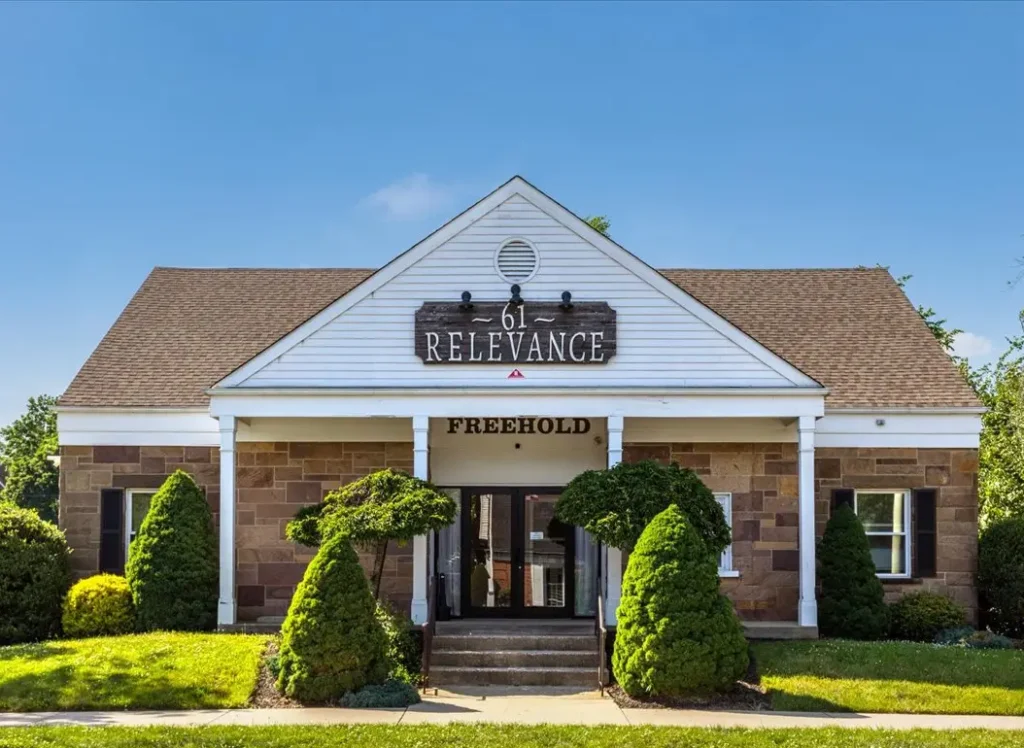Start your recovery from opioid addiction with our trusted programs in New Jersey.
Addiction is a heavy burden, but it’s possible to find relief with the right treatment. While the road to recovery may seem tough, it’s important to remember that the result is in your favor. With opioid addiction treatment, you can regain control and work toward a healthier, brighter future.
Relevance Recovery is here to provide the necessary opioid addiction treatment. If you or someone you care about is struggling, contact us to learn more about the treatment options available in New Jersey and how we can help.










We work with most major insurance carriers to help provide affordable, accessible treatment options to those who need it most. Our admissions coordinators can answer all of your questions. Call for a confidential assessment and insurance verification.





















Opioids, also known as narcotics, are a type of drug that can help reduce pain. These natural or synthetic drugs work by interacting with nerve cells to dull pain. Healthcare providers usually prescribe them for moderate to severe pain. Many opioid medications are FDA-approved for pain management, ensuring they are safe for short-term use when prescribed correctly.


Our expert admissions coordinators will create a custom plan for you.
MAT helps reduce cravings and withdrawal symptoms using medications. This treatment can be useful when someone is detoxing from opioids.
Inpatient programs offer 24/7 care in a safe environment, which is helpful for those needing intensive support.
Outpatient programs allow individuals to receive treatment while living at home. This may include therapy sessions and support groups.
Therapy helps address the emotional and psychological aspects of addiction. Cognitive-behavioral therapy (CBT) and other therapies help people manage triggers and avoid relapse.
Group therapy and peer support groups help people connect with others who understand their experiences and challenges in recovery.
Detoxing from opioids with the right treatment is the first step to improving both physical and mental health. Stopping opioids allows your body to adjust to safer pain management treatments, reducing the risk of long-term issues like addiction or overdose. This opens the door to better pain control and a more balanced life. It’s a path toward overall well-being and a chance to live a more fulfilling life.
Opioid addiction treatment at Relevance Recovery provides the support and guidance needed to regain control of your life, reduce the impact of addiction, and improve your overall health and well-being. Reach out to learn more about how we can support your journey toward recovery.
Opioid addiction can start slowly, with people thinking they’re in control, using painkillers or other opioids only when needed or in social settings. But over time, the need to use it grows stronger, and it can take over your life. The first step in overcoming this is realizing that you need help.
We understand how challenging opioid addiction can be. Relevance Recovery in New Jersey can provide a safe and caring space to help you through the detox process, which is the important first step on your road to recovery. Our skilled medical team is here to guide you every step of the way.
Our opioid addiction treatment in New Jersey combines proven therapies with a holistic approach.
When you’re ready for change, reach out to us at Relevance Recovery. Let us help you begin your journey to recovery today. You deserve a fresh start, and we’re here to make it happen. Our goal is to help you heal physically, mentally, and emotionally so that you can live a healthier, addiction-free life.